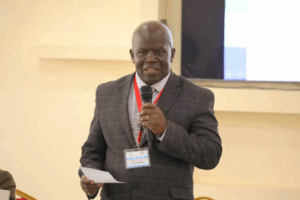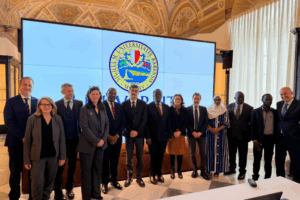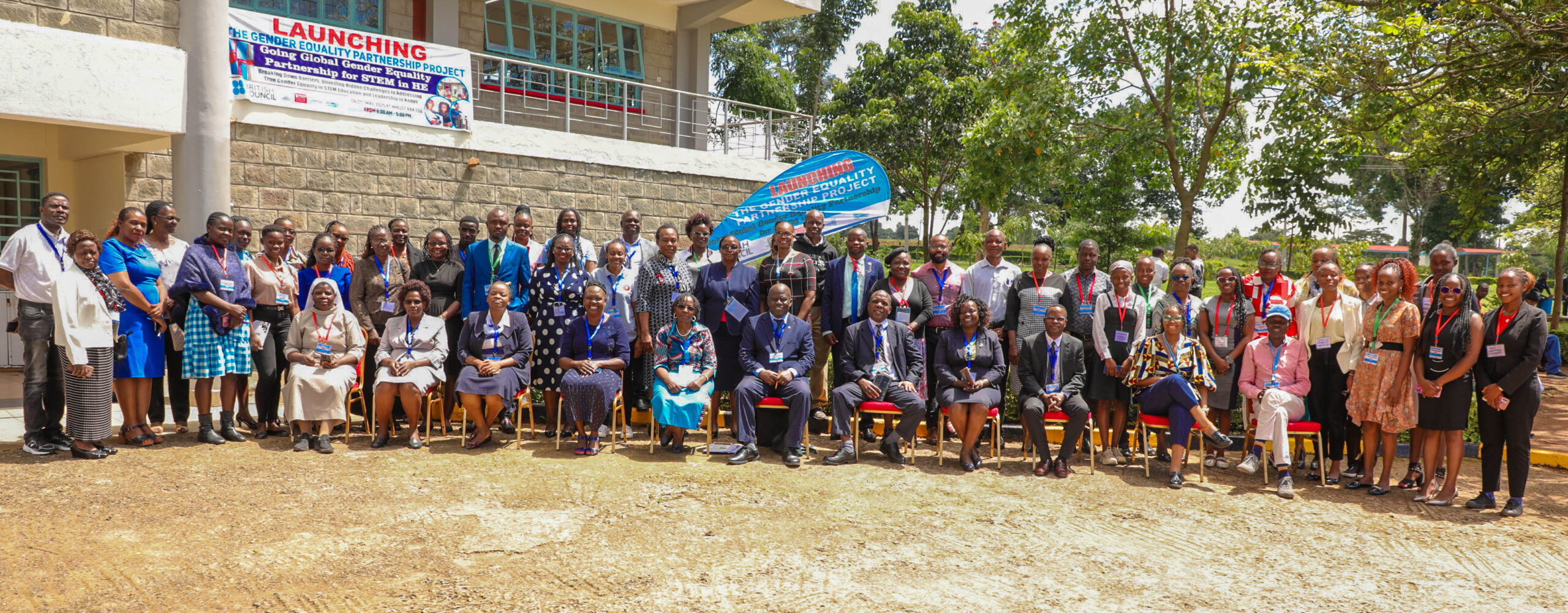
MMUST Partners With Global Institutions to Champion Gender Equality in STEM Fields
In an effort to bridge the gap in Science Technology and Engineering (STEM), Masinde Muliro University of Science and Technology (MMUST) in partnership with global institutions, on 21st May 2025, officially launched a transformative research initiative dubbed ‘Going Global Gender Equality Partnership Project (GGGEPP).’ This collaboration forms part of a broader initiative aimed at dismantling gender barriers and increasing the participation of women and girls in STEM education and careers. The project titled ‘Breaking Down Barriers: Unveiling the Hidden Challenges to Achieving True Gender Equality in STEM Education and Leadership in Kenya,’ is steered by the Associate Dean, School of Education- Dr. Rose Opiyo (MMUST) and Dr. Fredrick Ajwang’ (Coventry University) as the Principal investigators (PI) alongside Dr. Dorothy Rambim, the Co-Principal Investigator.
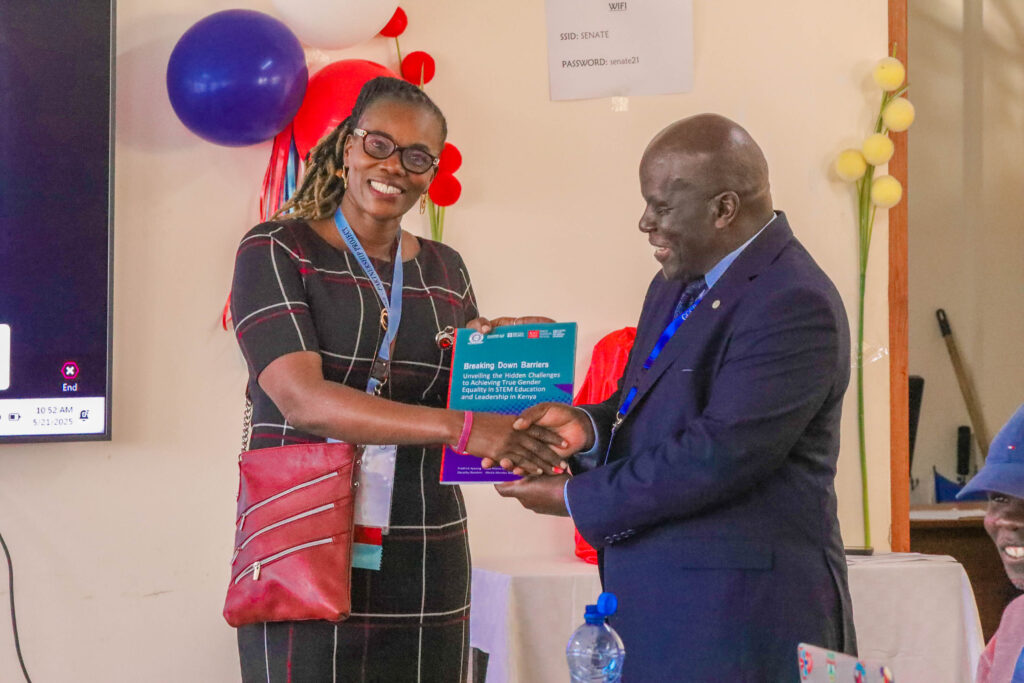
The project Principal Investigator- Dr. Rose Opiyo hands over the project report to the Ag. DVC,PRI- Prof. Peter Bukhala.
The project partners include the British Council, King’s College London, Kenpario University, Coventry University, and the Global Institute for Women’s Leadership. The project is part of the broader British Council Going Global Partnerships Initiative aimed at addressing the persistent gender disparities in STEM fields, particularly in leadership and academic positions. The launch brought together scholars, education leaders, students, and representatives from government and civil society, all expressing strong support for the project’s vision.
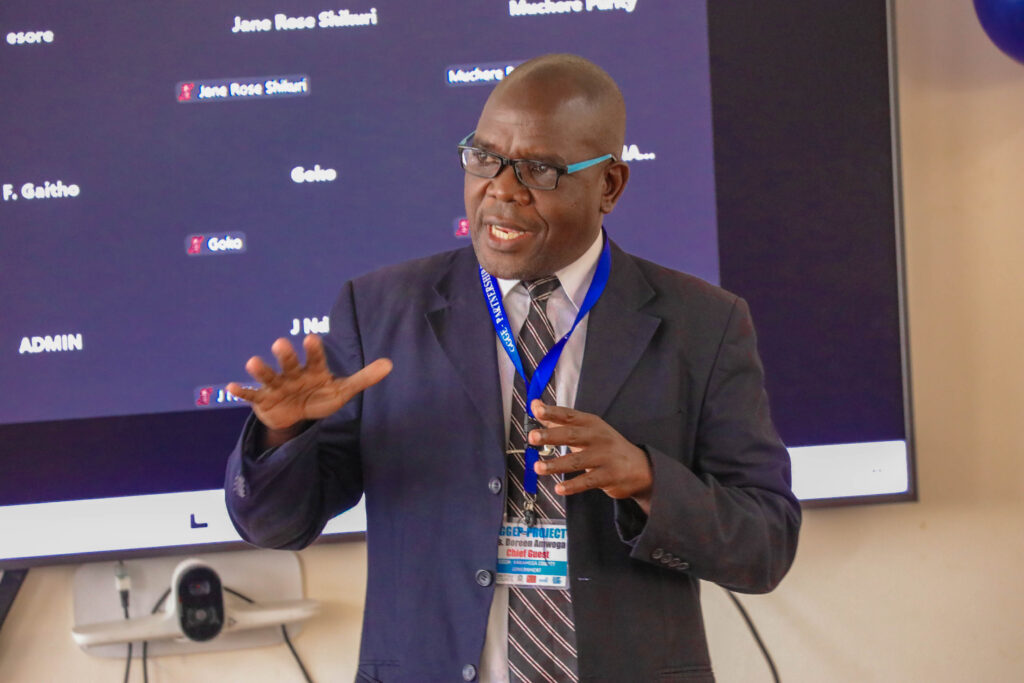
The Director Education Support (Kakamega County)- Mr. Moses Akungwi addresses participants at the workshop.
The launch was graced by the Director Education Support (Kakamega County)- Mr. Moses Akungwi, who was representing the Kakamega County CECM, Education, Science and Technology. He stressed the need for local policy interventions and community support to promote inclusivity in STEM. “We welcome this initiative as a timely intervention in addressing gender disparities in STEM, particularly at the grassroots level. As a County, we are committed to working closely with institutions like MMUST to create sustainable pathways for girls and women to thrive in STEM fields,” stated Mr. Akungwi.
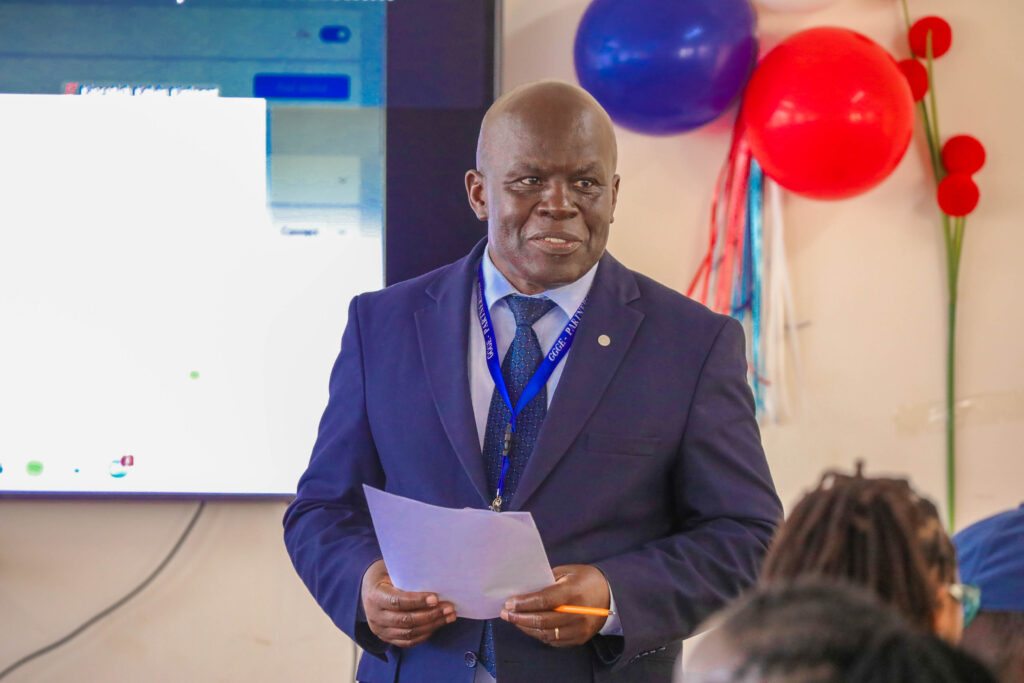
The Acting Deputy Vice Chancellor (Planning, Research and Innovation), Prof. Peter Bukhala speaks at the event.
Representing the Vice Chancellor at the launch, the Acting Deputy Vice Chancellor (Planning, Research and Innovation), Prof. Peter Bukhala lauded the initiative saying that it aligns with the University’s mission to drive innovation and equity in education. “We are proud to be at the forefront in championing equality and equity in STEM education. As a University, we recognize that our role extends beyond education to societal transformation. We are committed to creating policies and environments that actively promote gender equality,” said Prof. Bukhala.
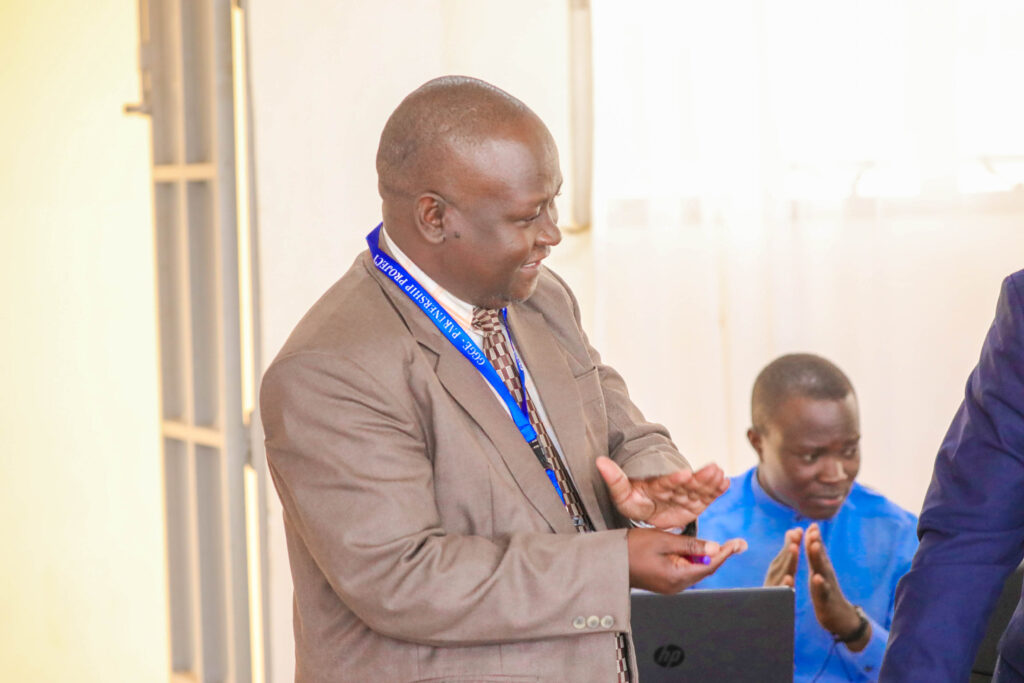
The Dean, School of Education- Prof. Moses Poipoi at the event.
The Dean, School of Education- Prof. Moses Poipoi reiterated that the project speaks directly to MMUST academic values. “We must ensure that both our male and female students are equally equipped and encouraged to take up roles in STEM. MMUST will continue to provide an enabling academic environment that promotes gender equality, innovation, and academic excellence,” added Prof. Poipoi who represented the Deputy Vice Chancellor (Academics and Student Affairs).
Acknowledging the researchers behind this project, the Director, Research and Postgraduate Support- Prof. Francis Orata termed this initiative as an opportunity to drive high-impact, gender-responsive research that informs policy and practice not just within MMUST, but nationally and across the region.
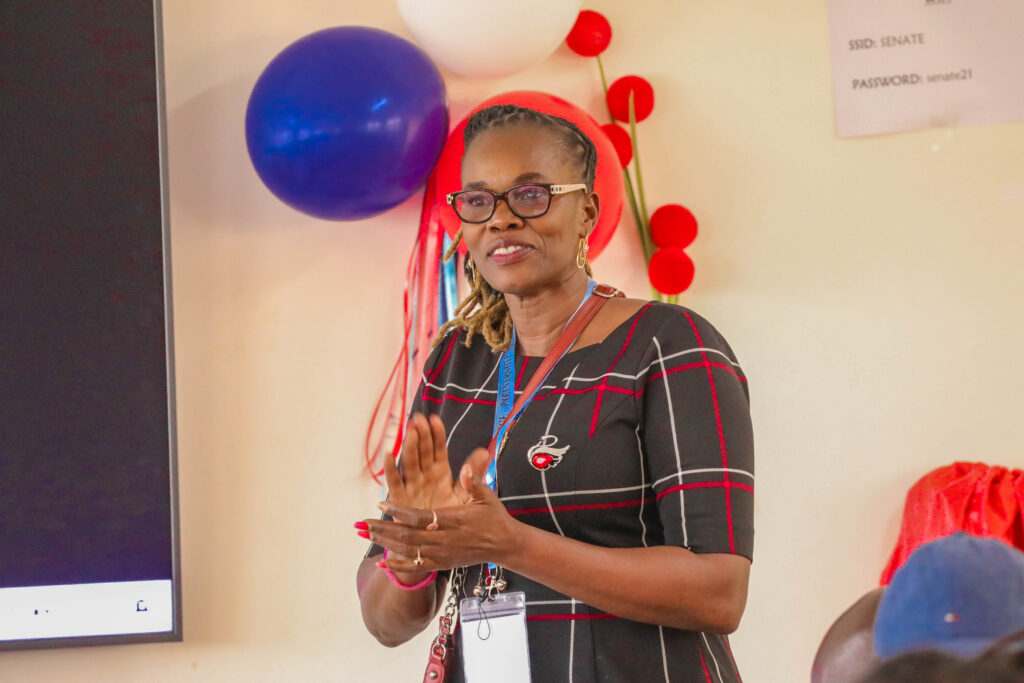
The project Principal Investigator- Dr. Rose Opiyo makes her remarks at the workshop.
Speaking at the launch, Dr. Opiyo underscored the urgent need to create gender-responsive academic environments. “This project goes beyond just identifying barriers. It is focused on implementing sustainable mentorship models and creating opportunities where none existed,” she said.
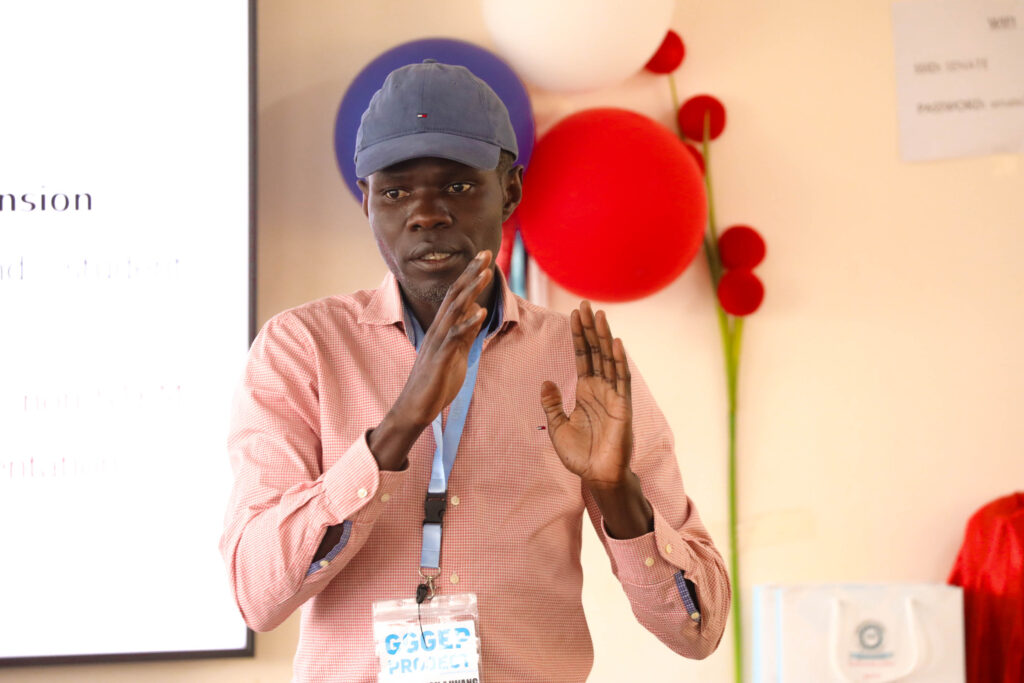
PI- Dr. Fredrick Ajwang’ makes a presentation at the workshop.
Similarly, Dr. Ajwang’ highlighted the significance of cross-border academic collaboration in addressing global issues. “We cannot talk about progress in STEM without inclusivity. Through this partnership, we intend to foster a global dialogue and develop context-specific solutions that can have a lasting impact on this pressing challenge,” he noted.
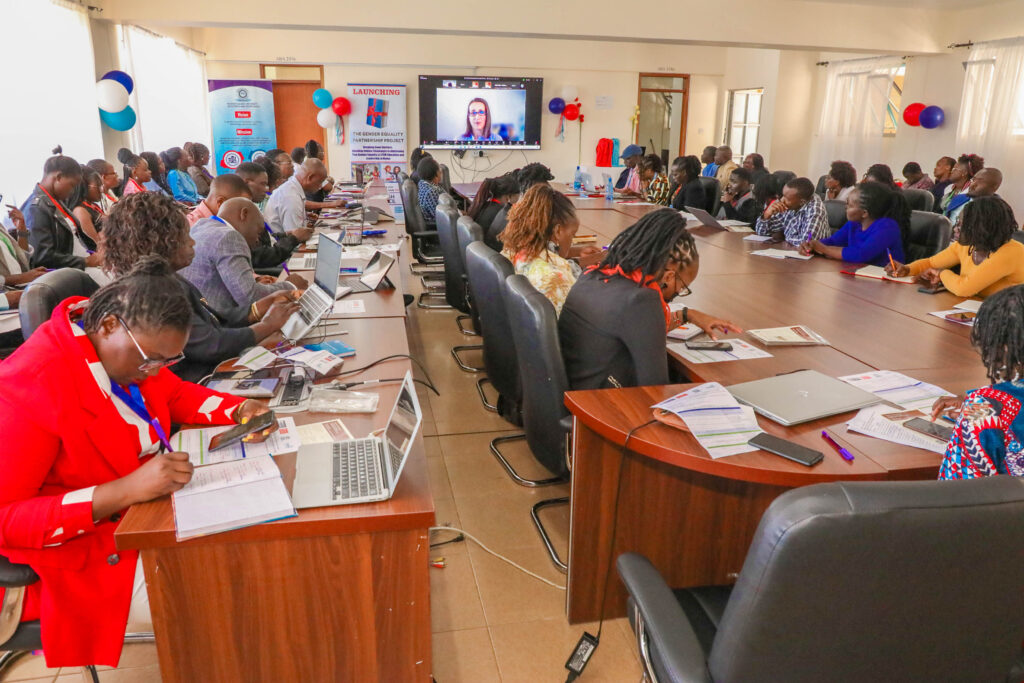
The Head of Education at the British Council- Ms. Monica Blagescu gives a keynote address virtually during the workshop.
Addressing the participants virtually, the Head of Education at the British Council- Ms. Monica Blagescu emphasized the potential of international collaboration in tackling global challenges such as gender inequality. “Through the Going Global Partnerships programme, we are proud to support MMUST and its partners in this pioneering project to ensure that more women and girls can access and lead in STEM fields,” said Ms. Blagescu. She further noted the British Council’s commitment to promoting inclusive education systems worldwide, adding that this initiative aligns strongly with the Council’s mission of building trust and opportunity through international education and exchange.
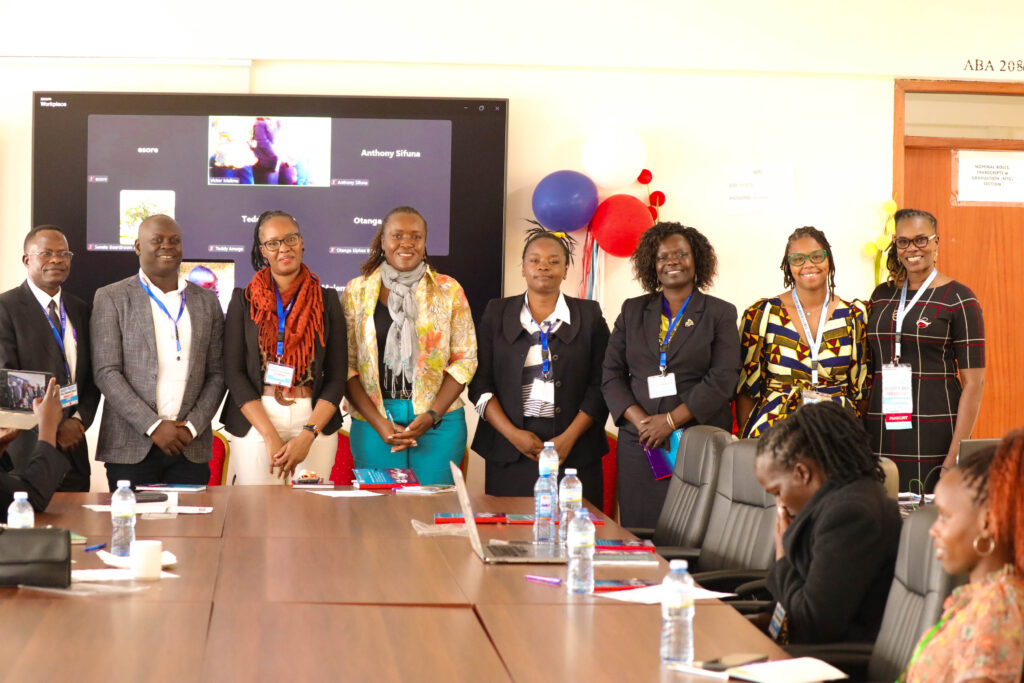
Panelists at the workshop.
In one of the exciting plenary sessions on ‘Academic and Non-Academic Position in Advancing Mentorship and Gender Equality in STEM’ the panelists shared real-world insights on navigating male-dominated sectors and emphasized the need for early mentorship. The panelists included Prof. Solomon Ogara, Eng. Christine Ingutia, Mr. Back Mmbassu, Ms. Stella Ogutu, Ms. Margaret Munywoki and Dr. Rose Mutende. The session was moderated by Dr. Aleida Borges from King’s London University.
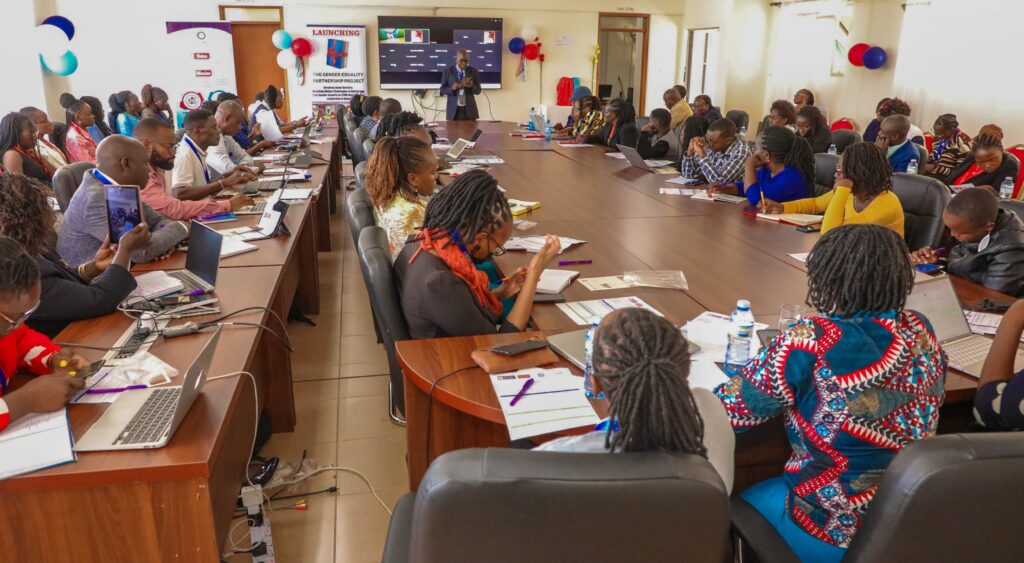
A section of the workshop participants keenly follows the presentations.
The workshop featured presentations, plenaries, and vibrant panel discussions, highlighting key findings from GGGEPP’s research. Highlighting the project’s key findings, Dr. Ajwang noted that Female enrollment in STEM, particularly in ICT is currently at (12.9%) while Health Sciences (12.6%), which is critically low. He further stated that the barriers such as cultural norms, lack of mentorship, financial constraints, and bias hinder progression. According to the findings, symbolic leadership roles among women continue to stifle progress and despite policy efforts, many women in leadership still lack meaningful decision-making power.
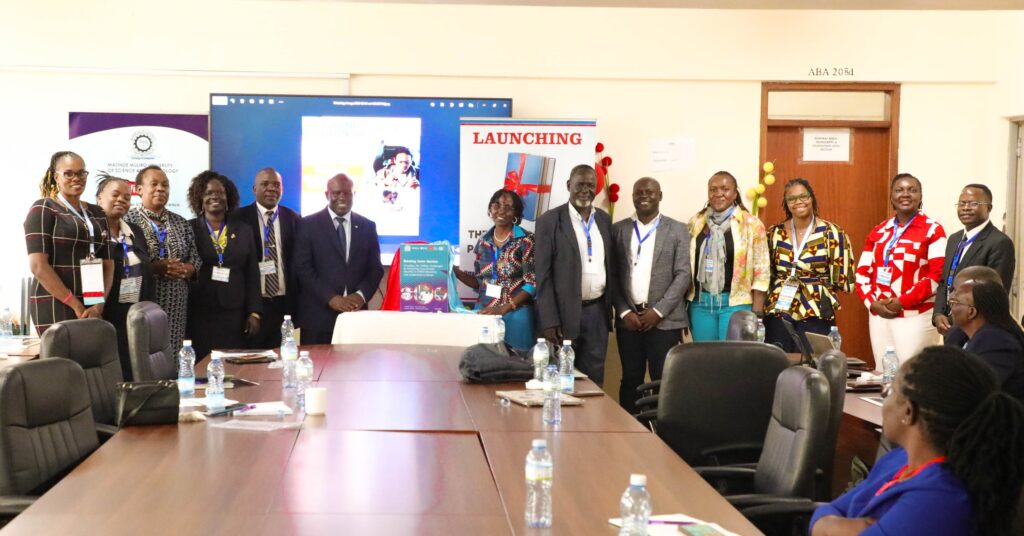
The unveiling of the GGGEPP project.
The project proposes a solution through the Junior–Senior Pair Mentorship Model (J-SPM), adapted from King’s College London’s Women in STEM (WiSTEM) program. This model pairs junior female students with experienced STEM professionals to provide guidance, build confidence, and foster career development. It calls for urgent integration of mentorship and gender sensitive policies in Universities and encourages policy makers to invest in inclusive STEM strategies.
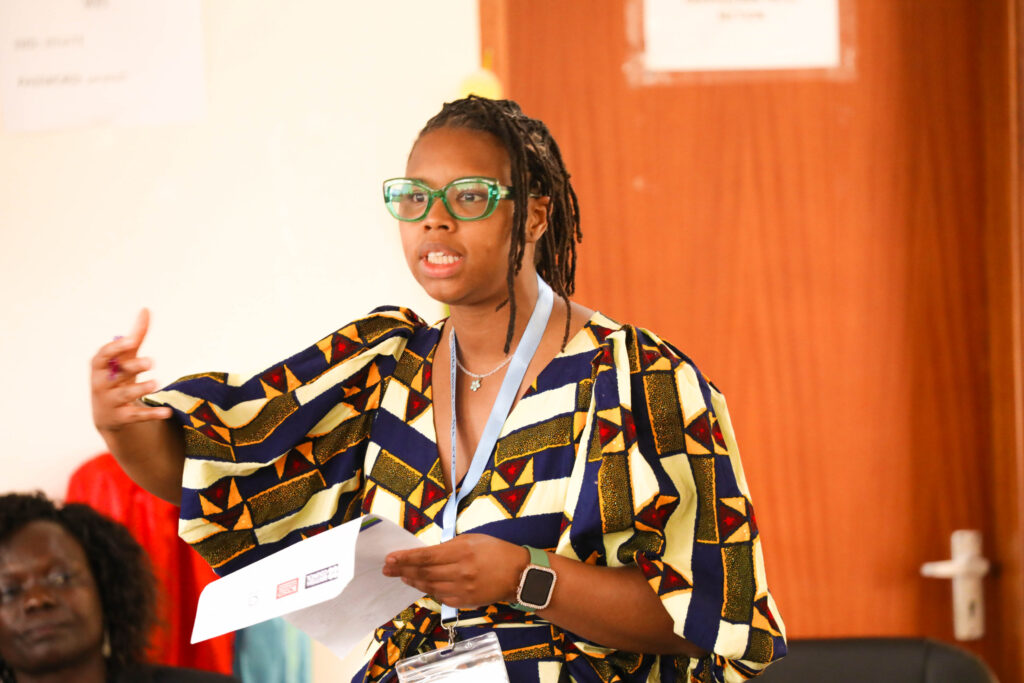
One of the session moderators by Dr. Aleida Borges explains a point.
The unveiling of this project is set to chart a new course for gender inclusion in Kenya’s academic and professional STEM landscapes. It depicts a promising step towards gender parity in STEM, as it not only raises awareness but also provides a scalable model for replication across institutions.
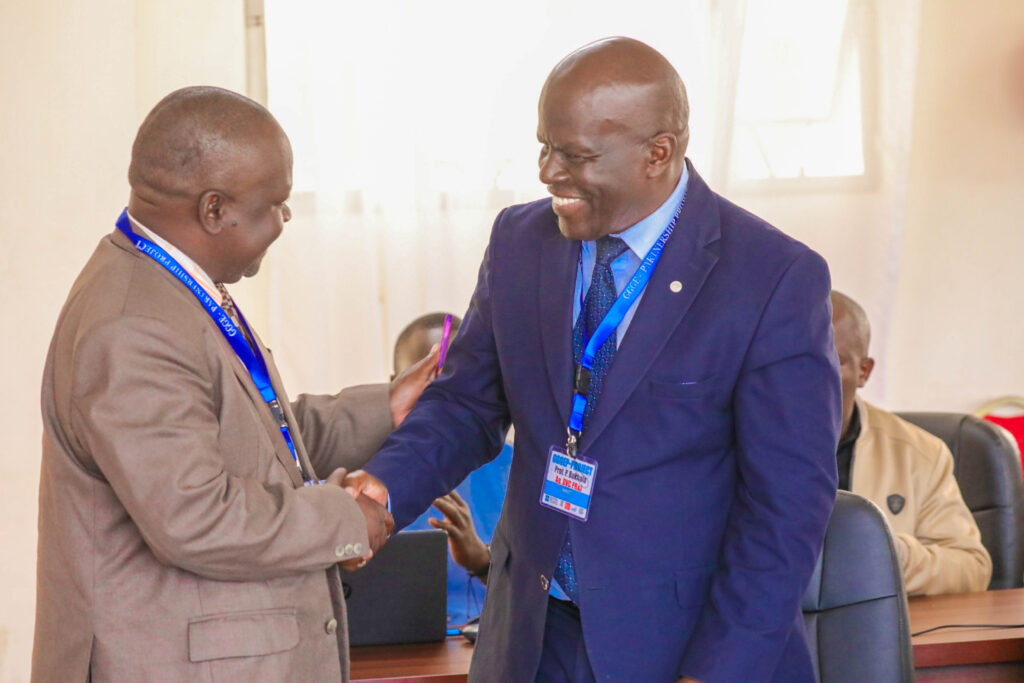
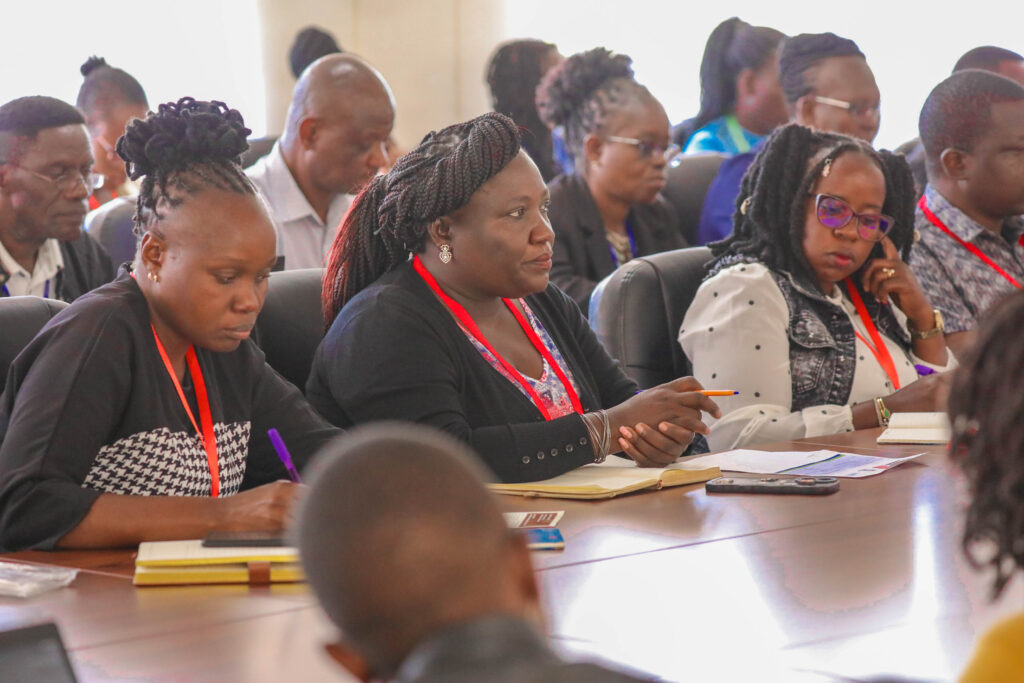
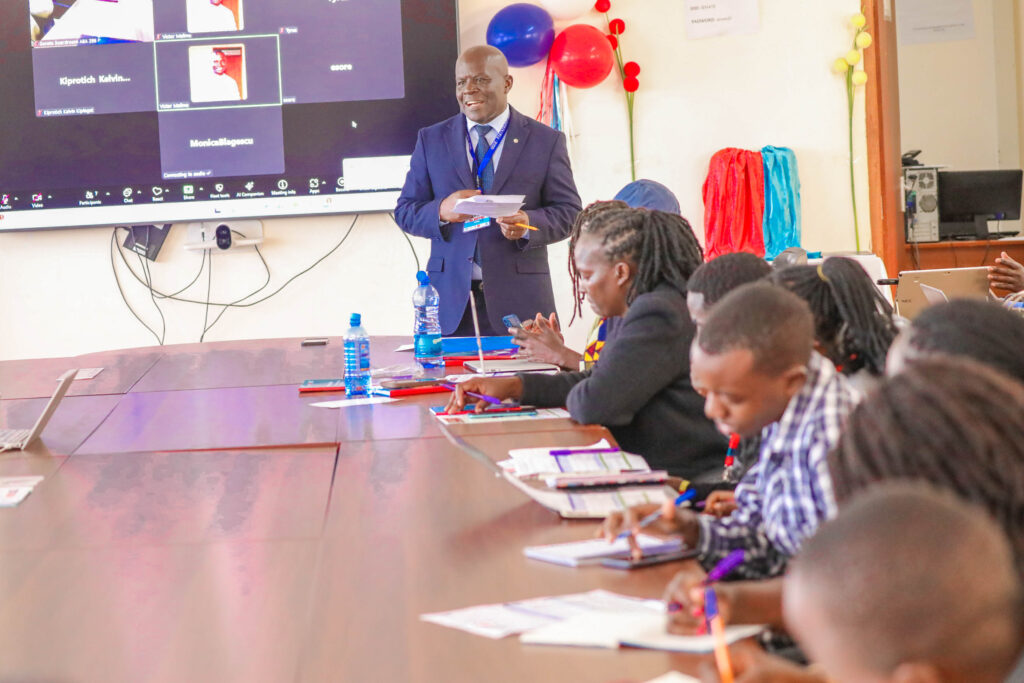
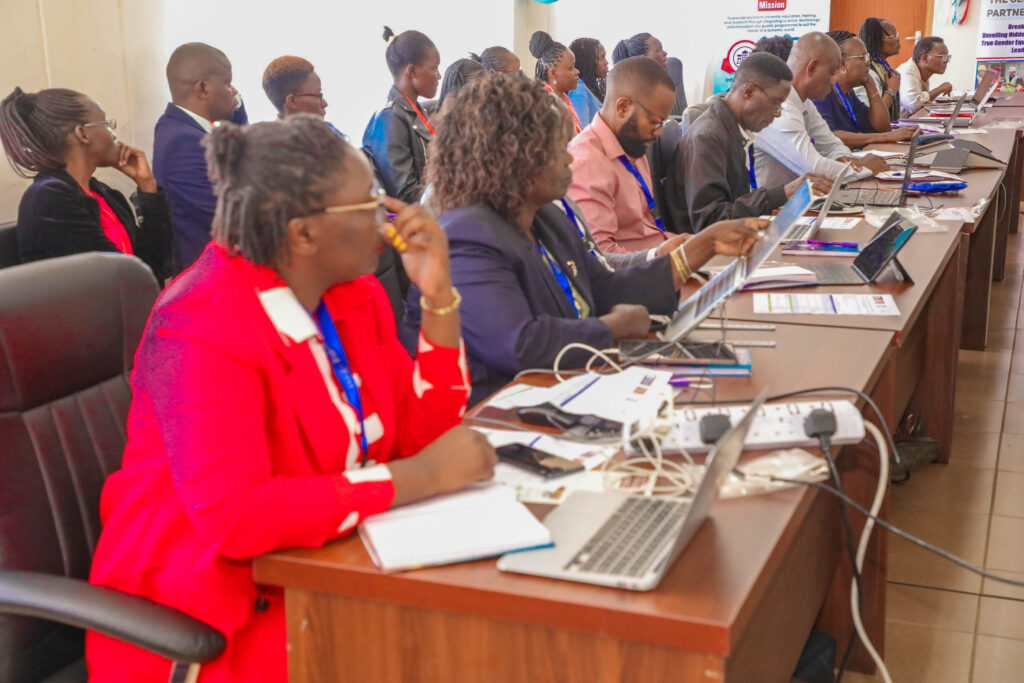
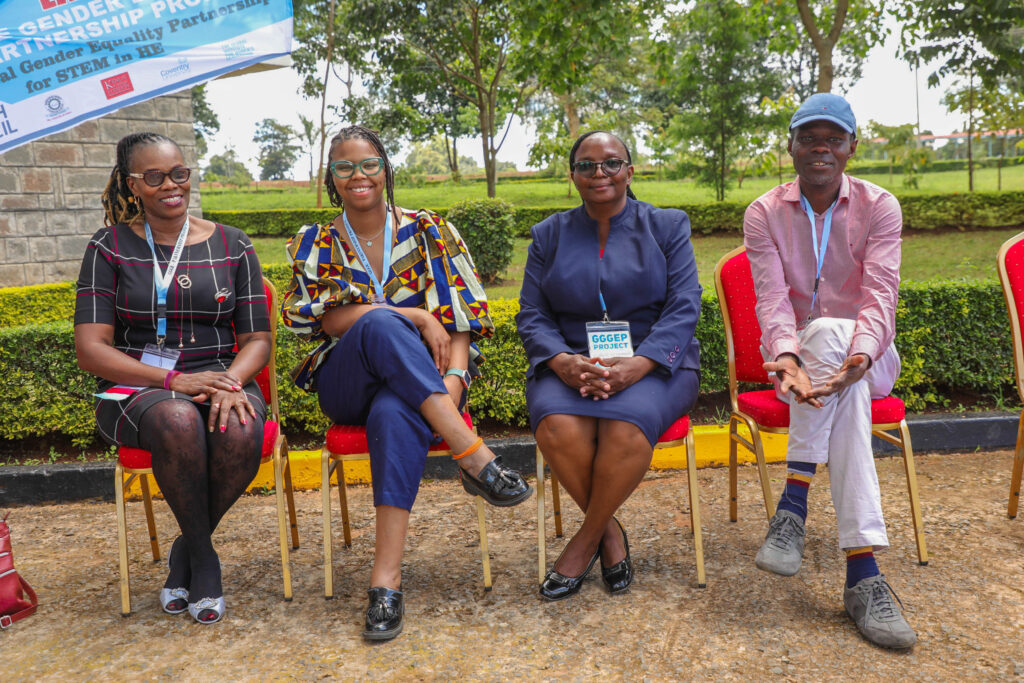
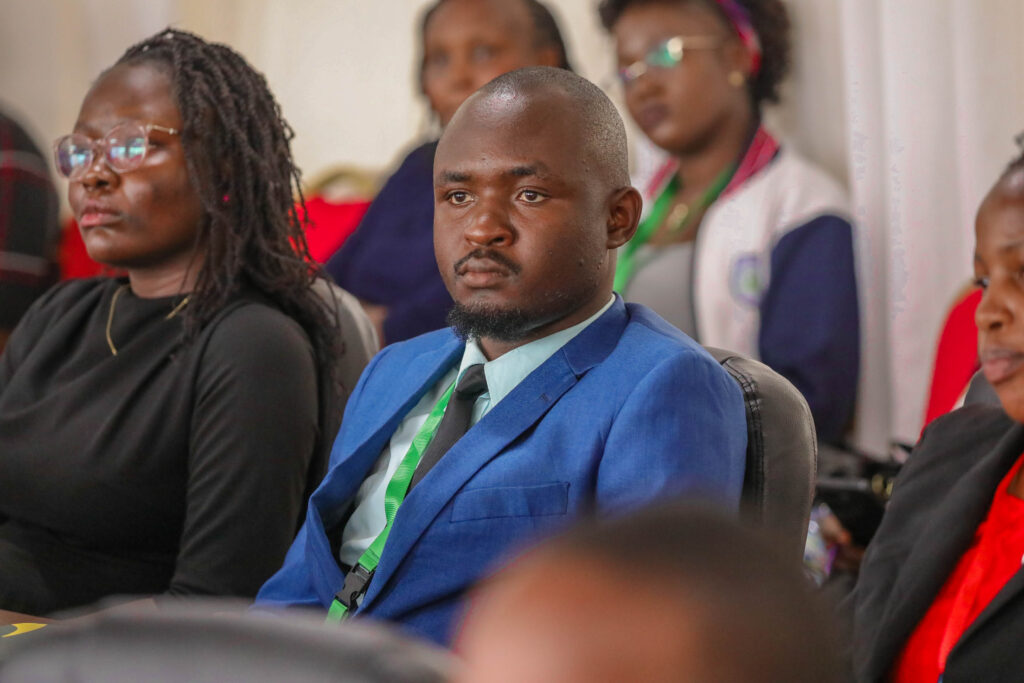
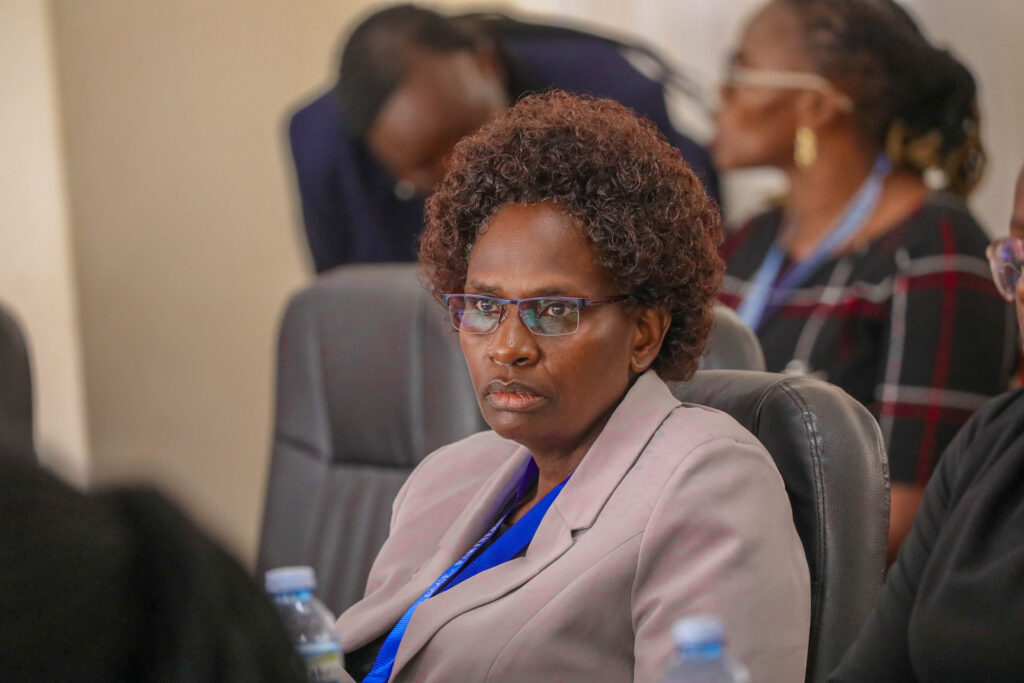
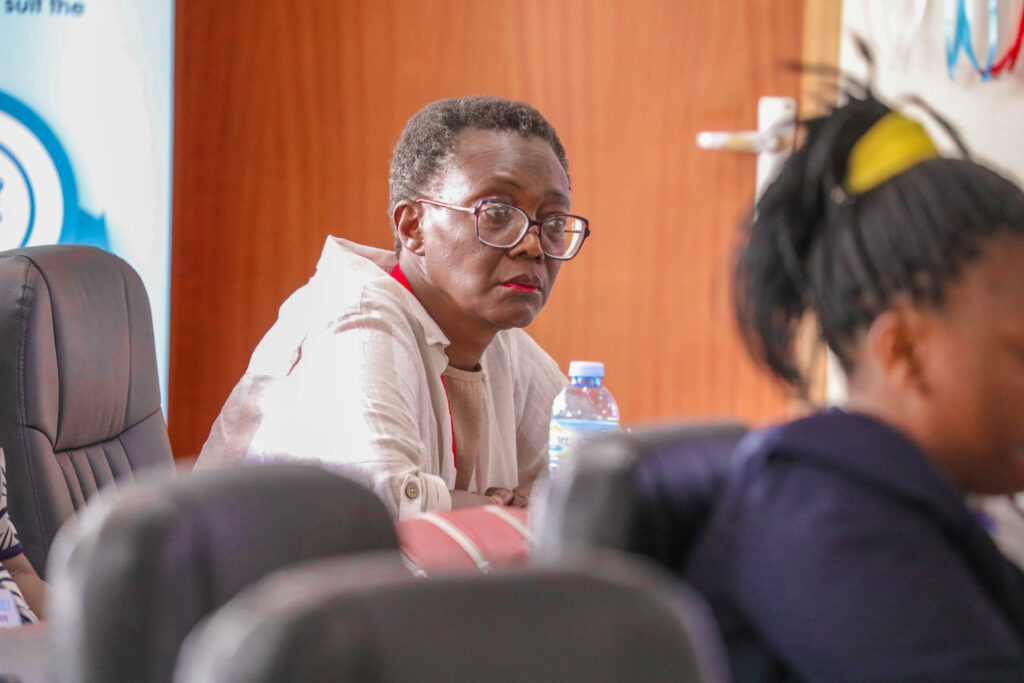
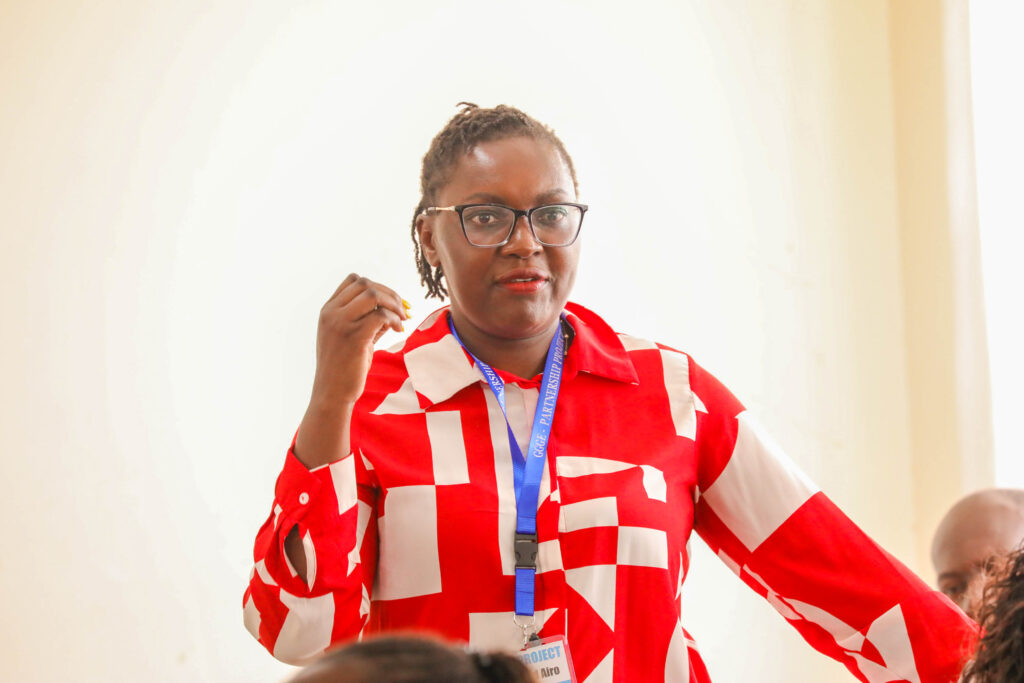
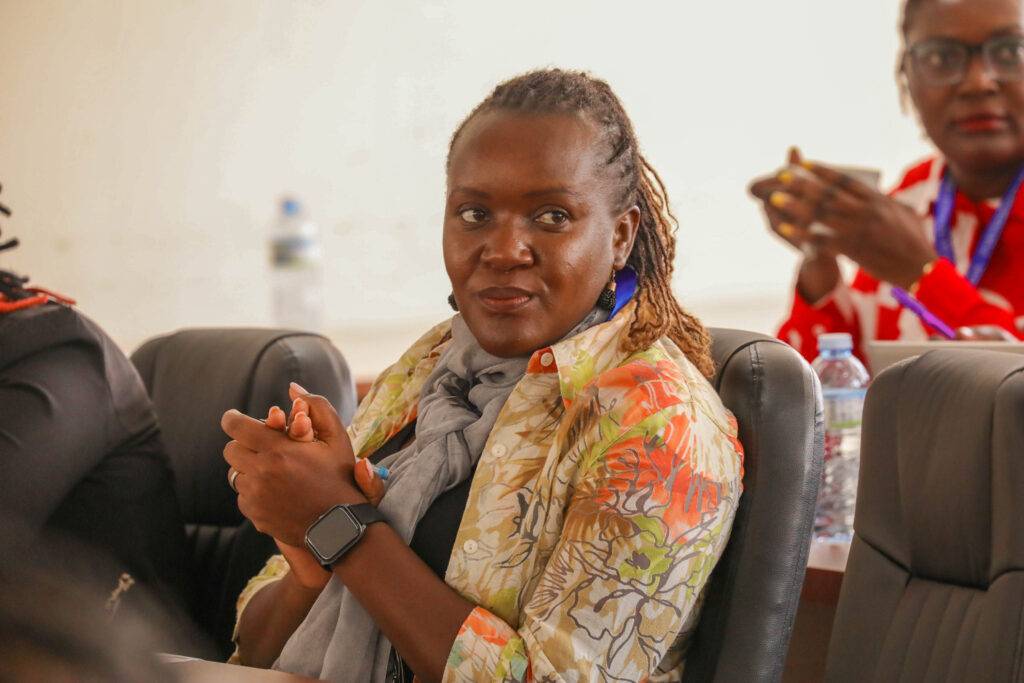
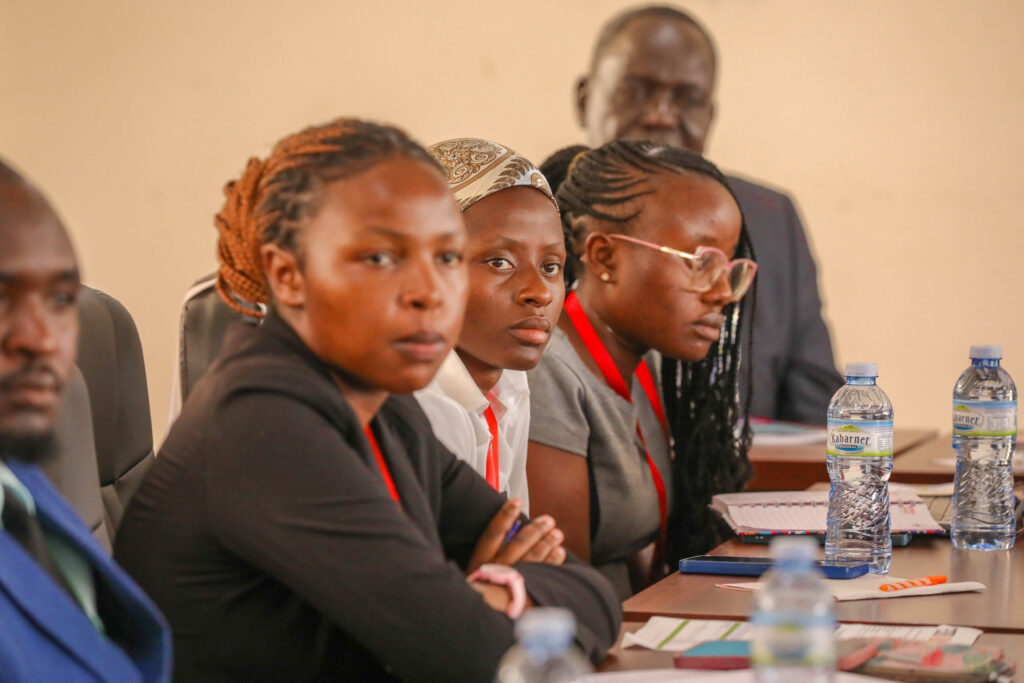
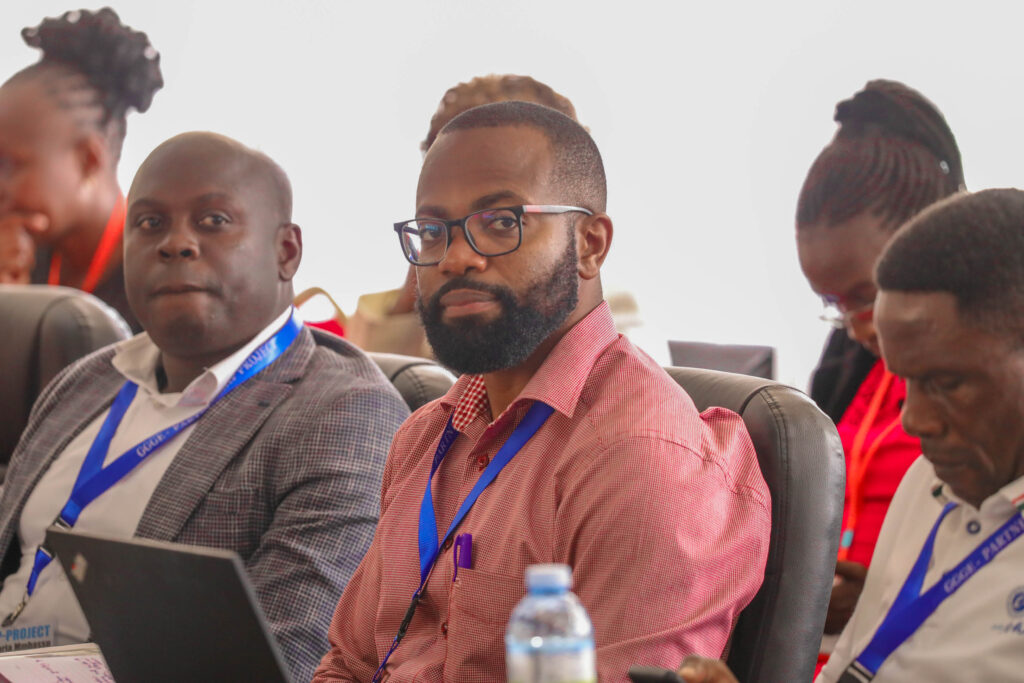
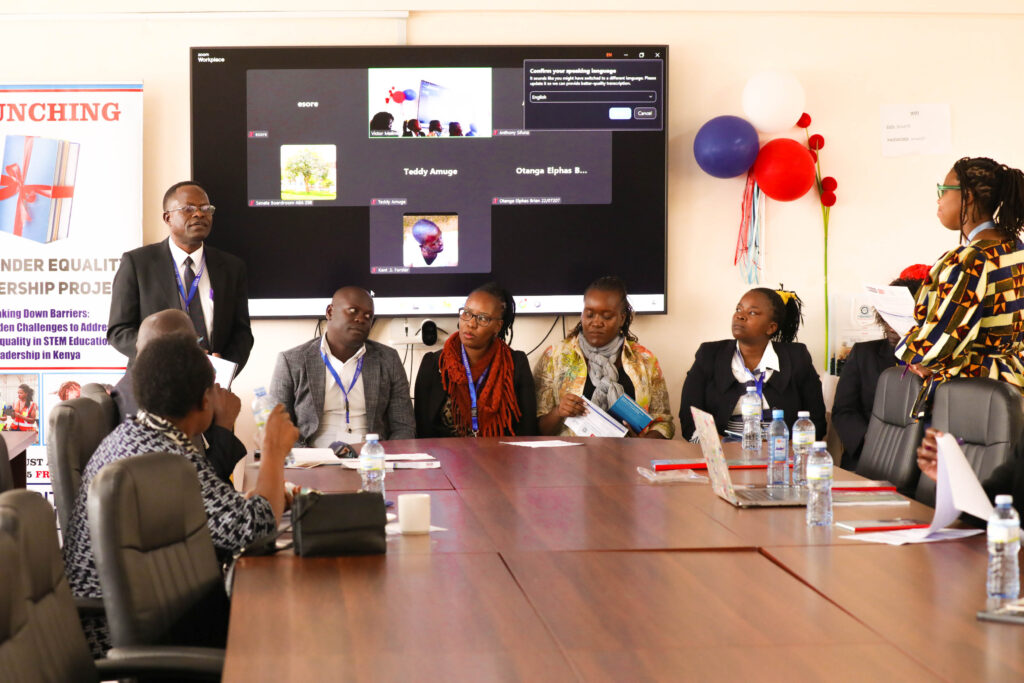
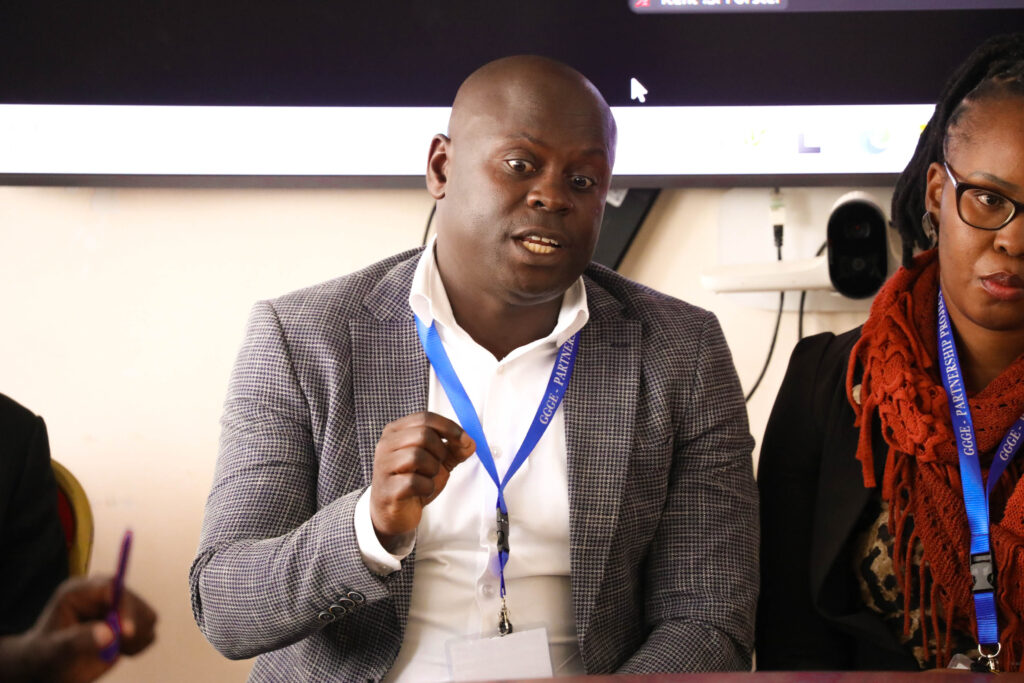
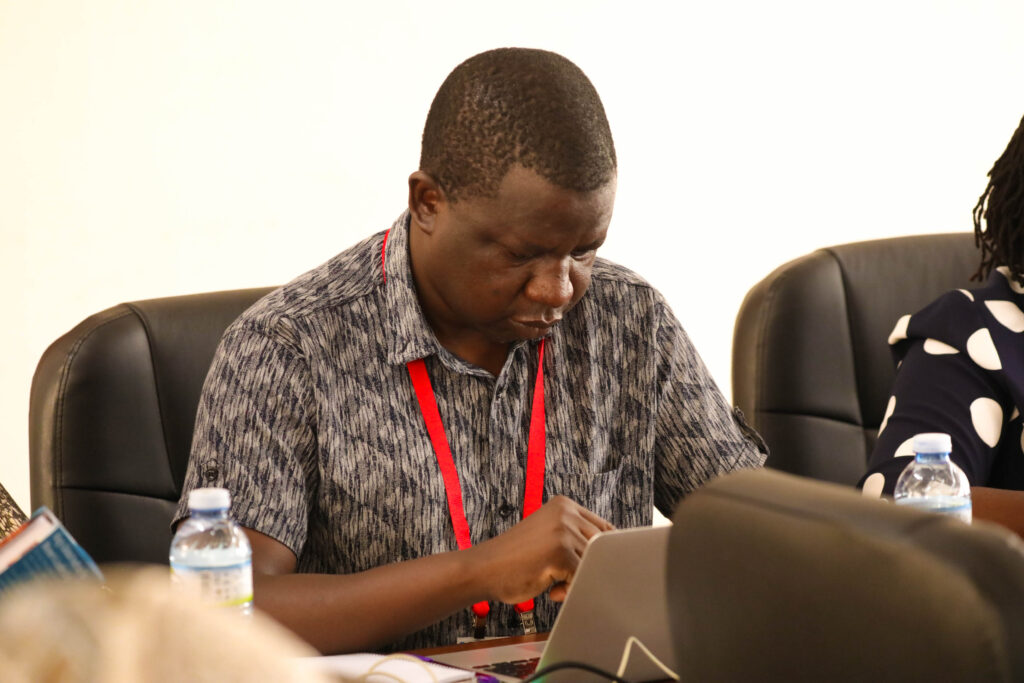
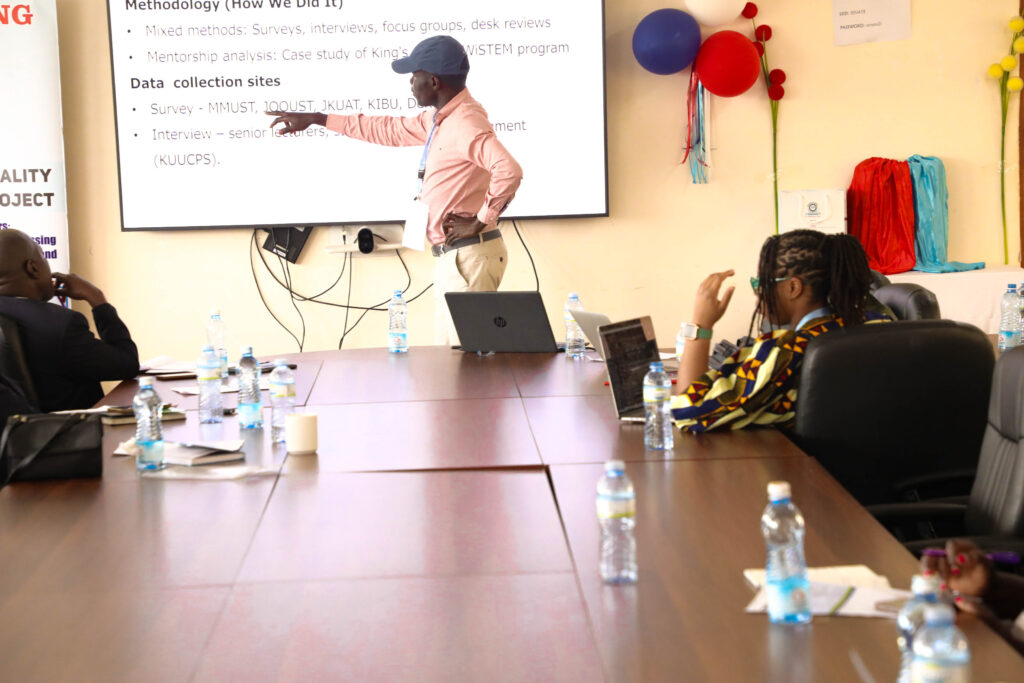
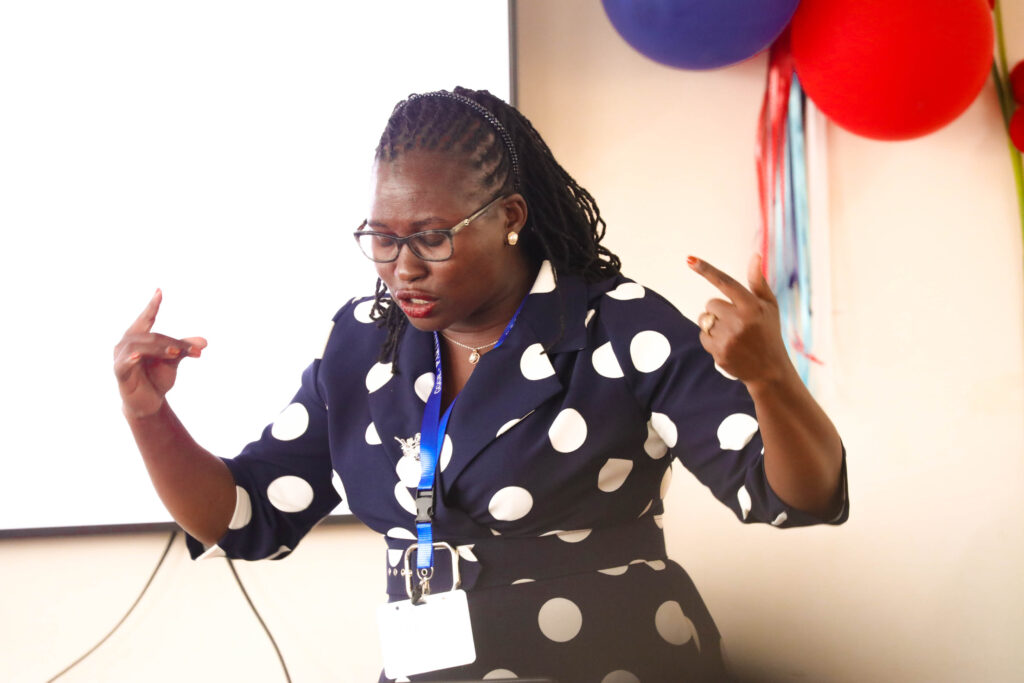
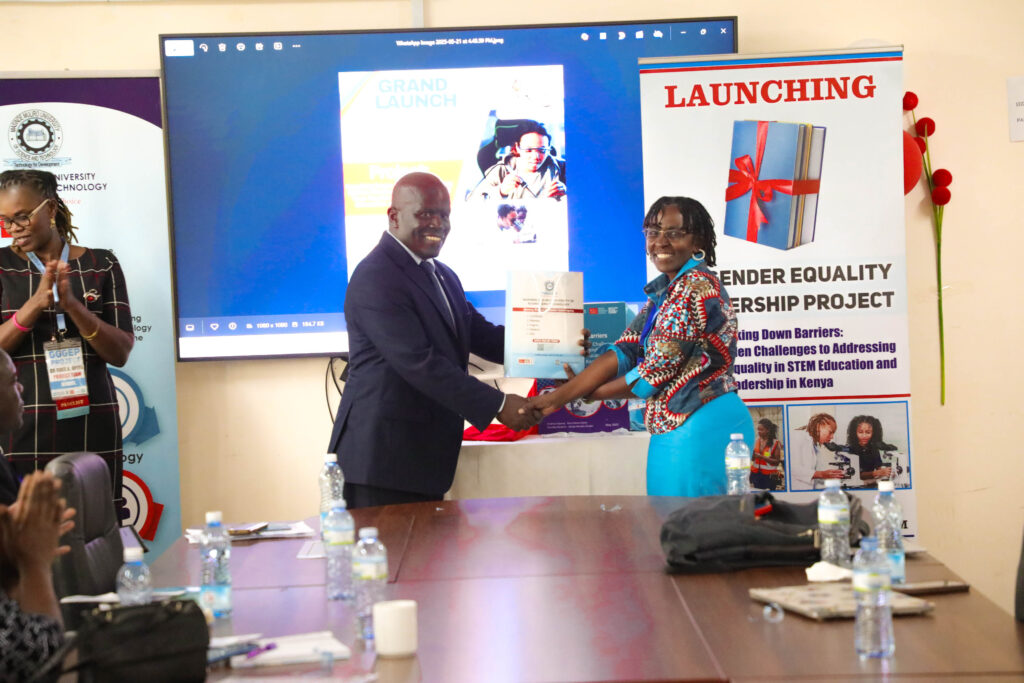
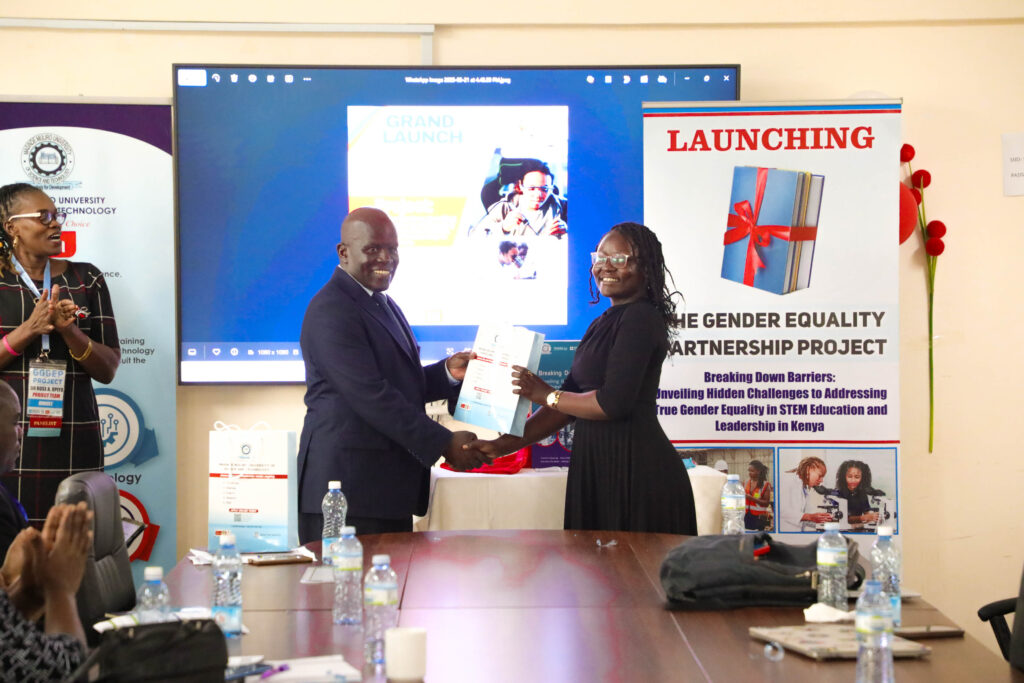
By Linet Owuor
Photos by Shiundu Masafu

